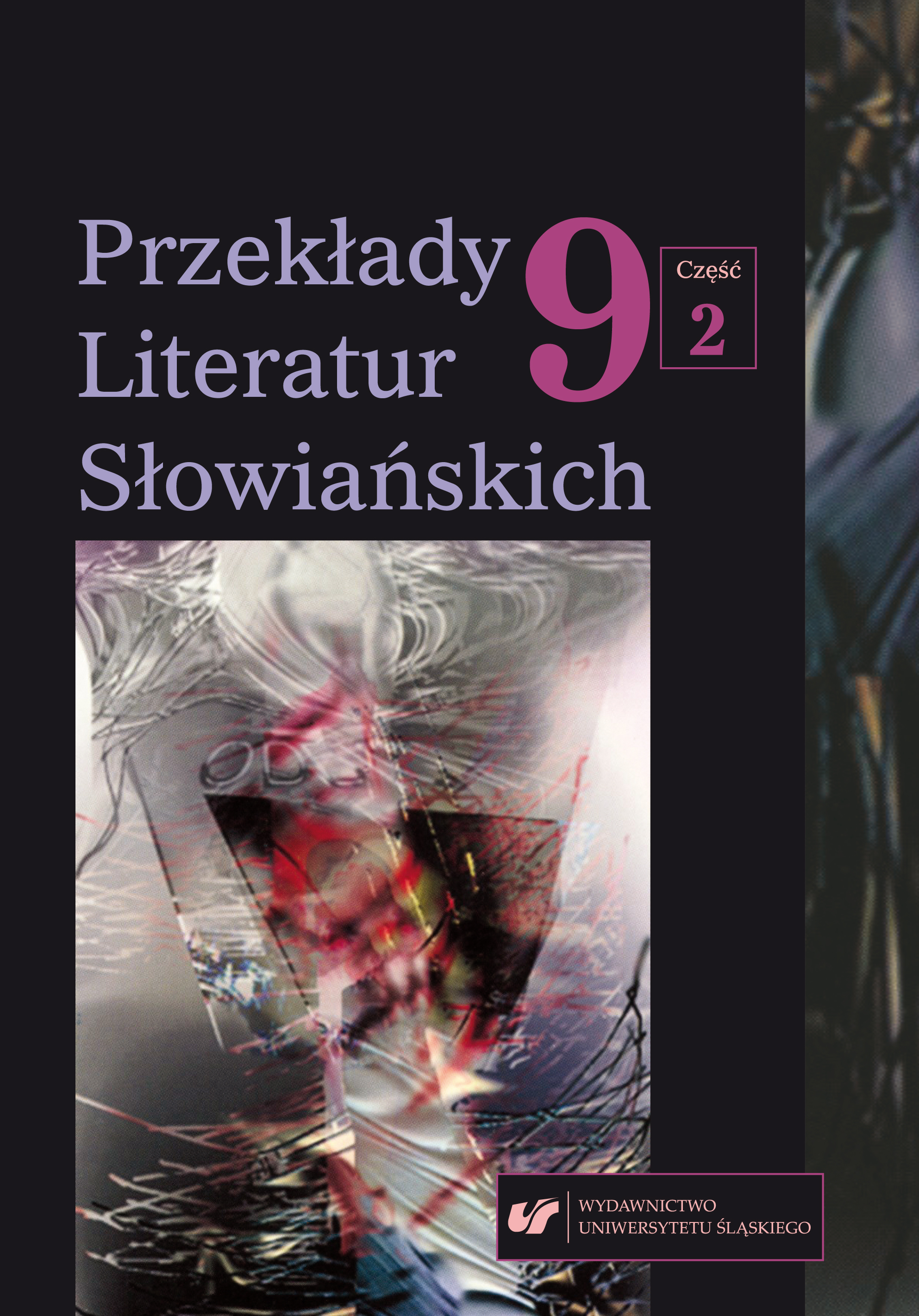Aspekt poznawczy w przekładzie artystycznym — na przykładzie powieści Herty Müller i ich przekładów na języki polski i czeski
Cognitive aspects in artistic translation — on the example of Herta Müller’s novels and their translations into Polish and Czech
Author(s): Jakob AltmannSubject(s): Language and Literature Studies, Studies of Literature, Translation Studies, Theory of Literature
Published by: Wydawnictwo Uniwersytetu Śląskiego
Keywords: Cognition; Herta Müller; aesthetic need; cultural experience; cognitive linguistics; Atemschaukel
Summary/Abstract: This article deals with cognitive aspects of artistic translation based on the example of translations of Herta Müller’s oeuvre into Polish and Czech. The reader of Herta Müller’s novels in translation seeks to get to know / acquaint onself with otherness in / through translation, which will be familiar to him or her in a manner consistent with the idiomaticity of the source language. Cognitive values are especially present in the topic offered by Herta Müller, that is, what living in a communist dictatorship means: constant fear of the secret police, reporting to authorities, individual incapacitation, censorship, thus — topics known to Czech and Polish readers from their own history.
Journal: Przekłady Literatur Słowiańskich
- Issue Year: 9/2019
- Issue No: 2
- Page Range: 147-168
- Page Count: 22
- Language: Polish

